Publications
Articles, publications, books, tools and multimedia features from the U.S. Institute of Peace provide the latest news, analysis, research findings, practitioner guides and reports, all related to the conflict zones and issues that are at the center of the Institute’s work to prevent and reduce violent conflict.

Protests in Colombia
Steve Hege, regional deputy director for Latin America, testified on July 1, 2021 at the Tom Lantos Human Rights Commission's hearing on "Protests in Colombia." His expert testimony as delivered is presented below.
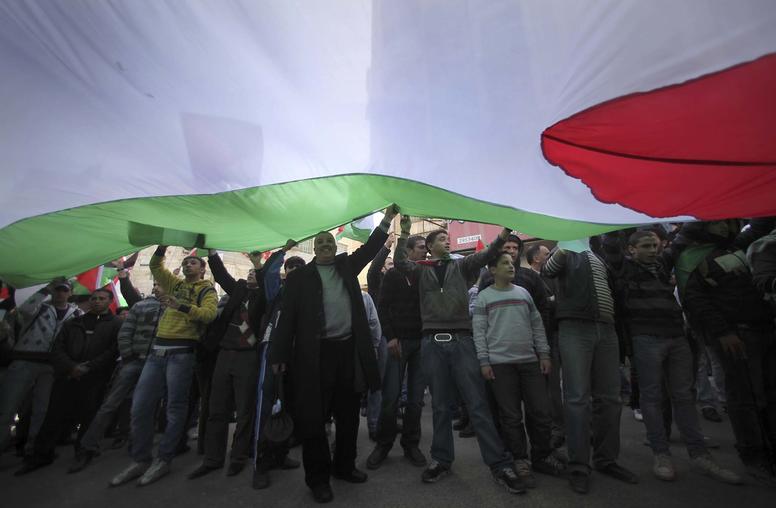
Palestinians’ Divided House Hampers Peace
In a scene reminiscent of the uprisings that swept the Middle East 10 years ago, Palestinian protesters took to the streets over the weekend, chanting, “The people want to bring down the regime.” The recent death of activist and Palestinian Authority critic Nizar Banat while in the custody of Palestinian security forces was the proximate cause for the unrest. But Palestinians’ disenchantment with their leadership has much deeper roots. Fifteen years after the last national elections, the Palestinian polity is as fractured as ever, adding but another obstacle to resolving the seemingly intractable Israeli-Palestinian conflict.
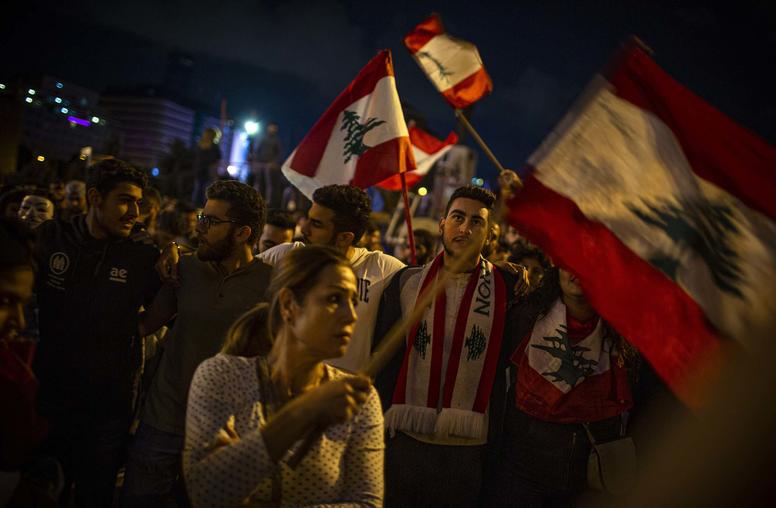
What Could Make or Break Lebanon’s 2022 General Election
Lebanon, unlike many other countries, is actually ruled by a conglomerate of political figures and business elites and organizations. Therefore, a change in Lebanon can neither be about a single politician or party nor can it be led by one political group. In the past 15 years, there were several attempts to alter the governance model and practices in Lebanon. All of them proved unsuccessful for various reasons including the toxic manipulation of identity-based politics by the majority of politicians and clerics, deep-seated corruption, twisted social norms, regional power competition and the absence of an organized, competent and capable political alternative.
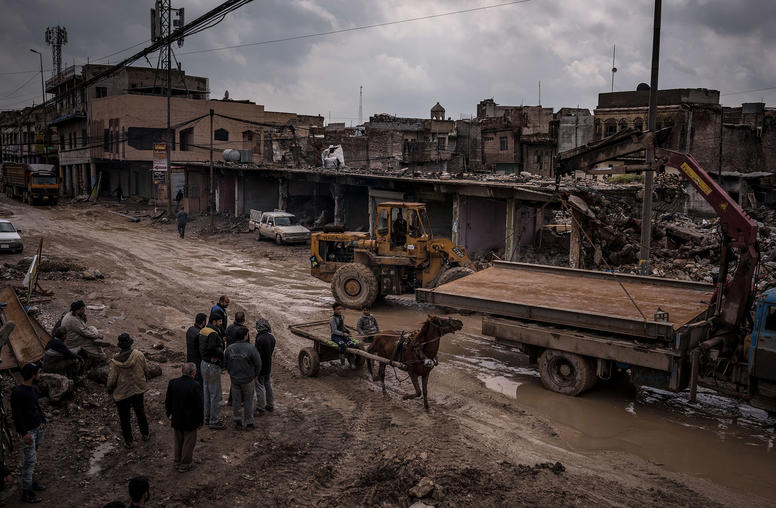
Unemployment Replaces ISIS as Top Security Concern for Minorities in Iraq
In the summer of 2014, the Islamic State group (ISIS) seized control of much of Iraq’s Nineveh province, including the provincial capital of Mosul. The militant group committed genocide against ethnic and religious minorities. Today, more than three years since the military defeat of ISIS in Iraq, ethnic and religious minority residents of three key districts of Nineveh say rampant unemployment, not ISIS, is their top security concern, according to data gathered by the United States Institute of Peace.
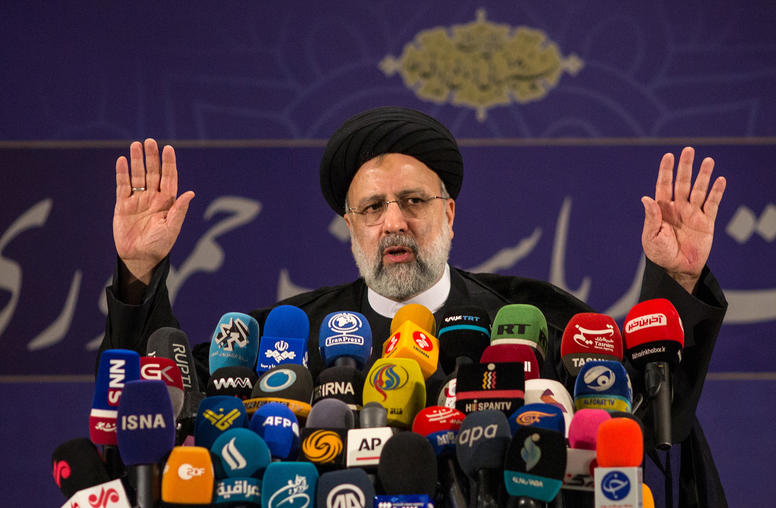
What You Need to Know About Iran’s Election and New President
Hard-liner Ebrahim Raisi won Iran's presidential election amid a historically low turnout on June 18. He will be inaugurated in early August and have significant influence over domestic policy and foreign affairs, although Supreme Leader Ayatollah Ali Khamenei has the ultimate say. Raisi’s election comes as the Biden administration is working with other major powers to bring the United States and Iran into full compliance to the 2015 nuclear deal, which the president-elect has expressed interest in reviving to take advantage of its economic benefits. USIP’s Garrett Nada looks at the implications of Raisi’s election victory and what it could mean for the Islamic Republic’s ties to the outside world.
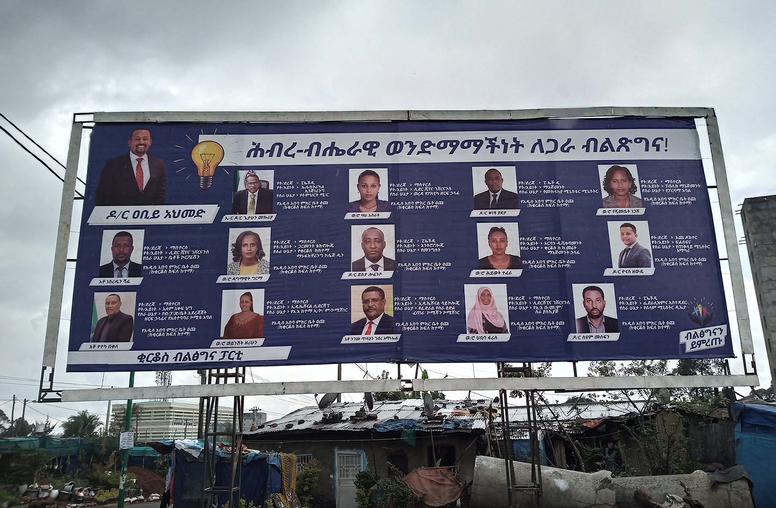
Why Ethiopia’s 2021 Elections Matter
Facing numerous technical difficulties, the National Election Board of Ethiopia (NEBE) delayed parliamentary elections from June 5 to June 21, postponing the vote for the second time. Some major opposition parties are boycotting, and no voting will take place in civil war hit Tigray or in several other areas facing insecurity. Elsewhere, deficiencies in election administration have meant voting has already been postponed in many constituencies, and some of the logistical arrangements to underpin the vote are still to be implemented. Although there are risks of electoral violence, any incidents are unlikely to be especially significant in a context of high levels of ongoing political violence.
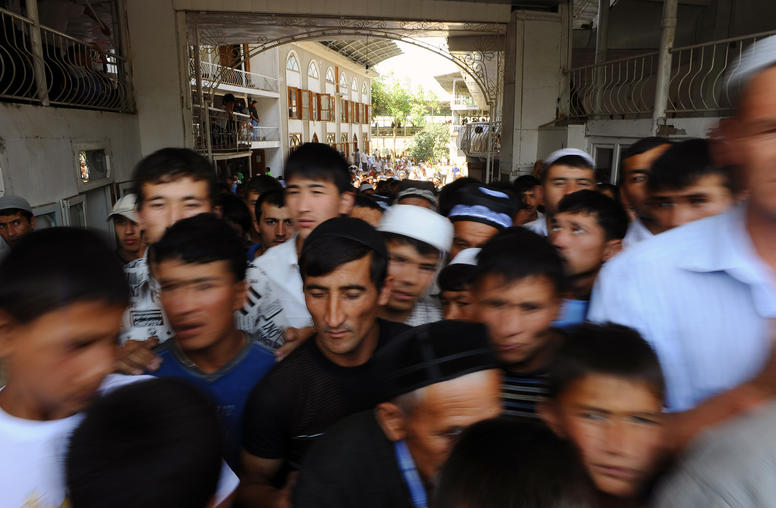
Central Asia’s Growing Internet Carries New Risks of Violence
The “Great Game” has returned to Central Asia, but with a digital twist. Where once the British and Russian empires competed over lucrative trade routes and territorial influence, today the region is at the geopolitical and ideological confluence between competing visions of internet governance. China, Russia, Europe and the United States are all seeking to shape the region’s technology environment. What happens in Central Asia will have profound implications for the five countries of the region and the future of civic freedoms and digital rights more widely.
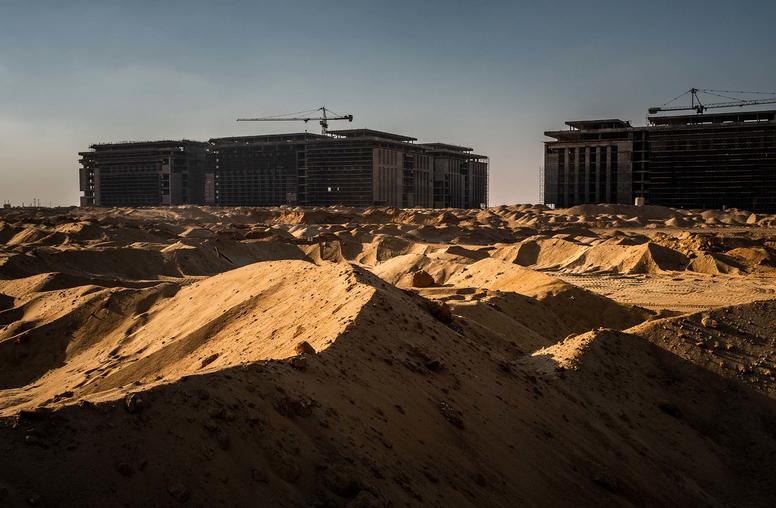
A Global Democratic Renaissance or a More Volatile World?
With a staggering array of immediate crises facing the world — from the COVID pandemic to a global increase in extremist violence — it sometimes feels difficult, perhaps even impossible, to look beyond the current moment and envision what the world will look in the coming decades. However, looming demographic, economic, environmental and technological shifts are already starting to affect the global geopolitical environment — not only worsening our current crises, but inciting new ones should we fail to put in place long-term strategies to address them.
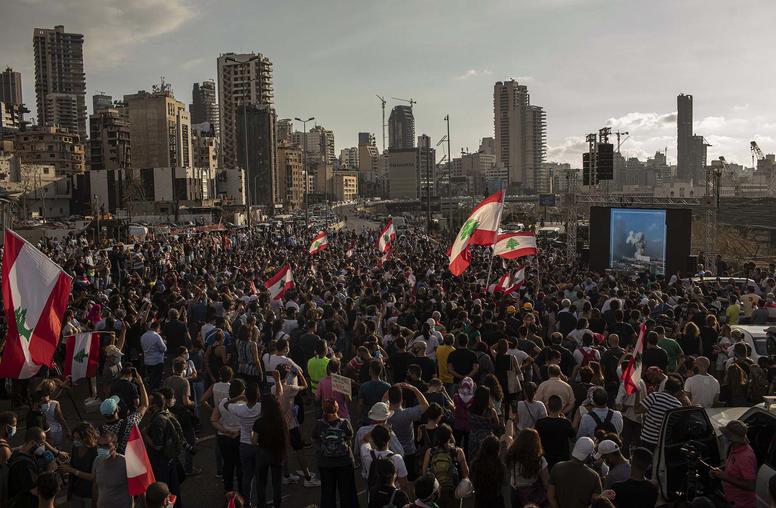
Lebanon on the Brink of Historic Breakdown
Lebanon’s devolving economic and financial crisis could potentially be one of the world’s three worst since 1850, according to a World Bank report released last week. The increasingly dire situation — exacerbated by the COVID pandemic and last year’s Port of Beirut explosion — has likely dragged more than half the population below the poverty line, as unemployment soars and the price of basic goods surges. Already accomplices to this economic collapse due to years of corruption and mismanagement, Lebanon’s leaders have been reviled for their limited response. With Lebanese exasperated with their increasingly desperate situation, there could be widespread social unrest and a major breakdown, which would have important humanitarian and regional security implications.

Sarhang Hamasaeed on Iraq’s Progress and Problems
With pivotal elections scheduled for October, USIP’s Sarhang Hamasaeed says Iraqis “want democracy, they’re fighting for it with their lives.” Meanwhile, Iraq is still grappling with simmering discontent among many citizens and the destabilizing role of foreign powers.